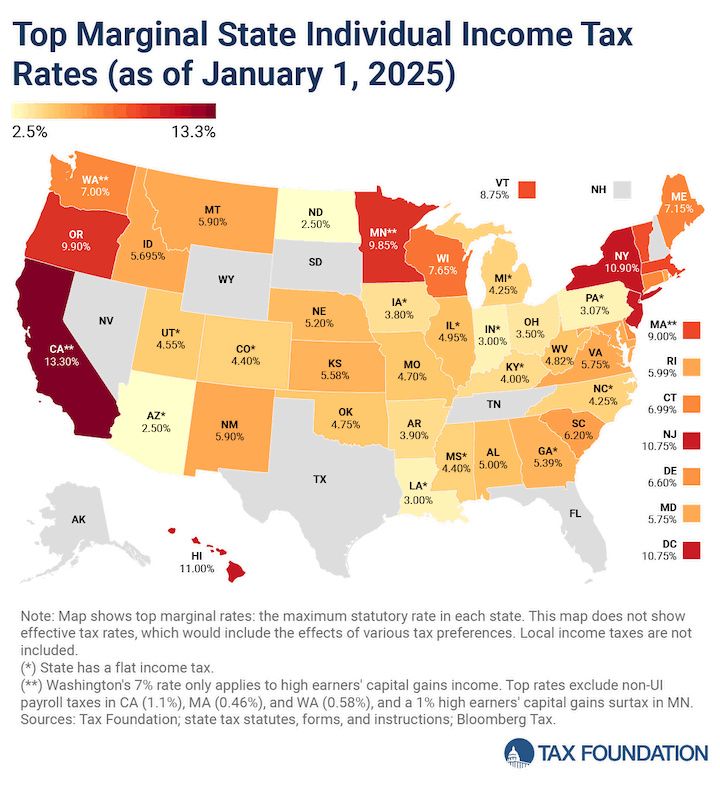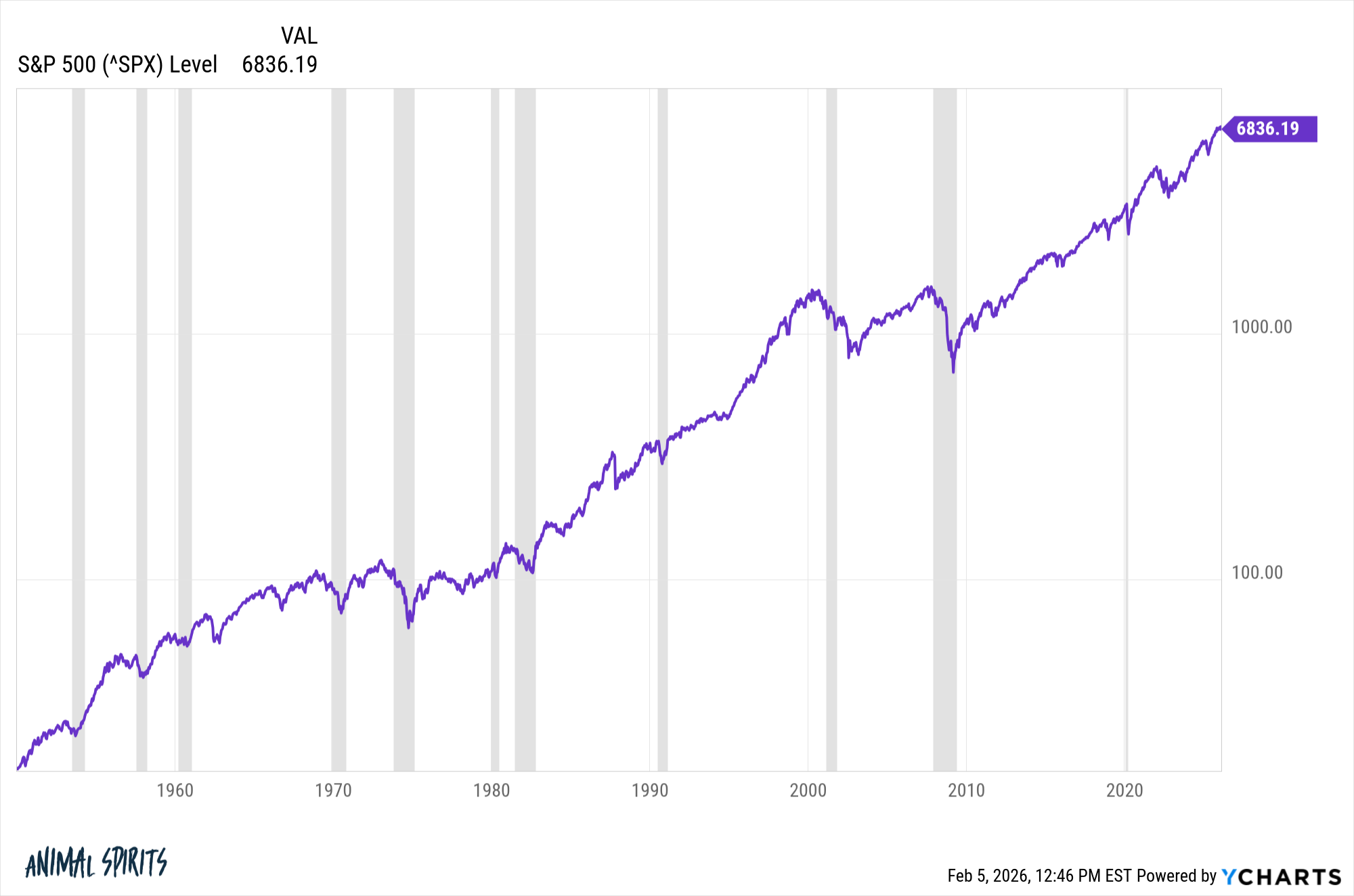Dive Brief:
- The Consumer Financial Protection Bureau said Tuesday in a court filing that it will “substantially” rework a U.S. open banking rule, prompting a federal judge to stay proceedings in a lawsuit that banking associations filed last year to block the measure.
- “In light of recent events in the marketplace, the Bureau has now decided to initiate a new rulemaking to reconsider the Rule with a view to substantially revising it and providing a robust justification,” CFPB attorneys wrote in their motion to stay the case. The bureau faced a Tuesday deadline to reply to a filing from the Financial Technology Association, which has intervened to defend the 2024 rule.
- The agency plans “an accelerated rulemaking process” and said it would issue a rulemaking notice within three weeks to begin drafting a new rule. U.S. District Judge Danny Reeves of the Eastern District of Kentucky granted the stay request, telling litigants to update him every 45 days.
Dive Insight:
Before Reeves’ decision, the Financial Technology Association told the court that it did not oppose the bureau’s request.
By contrast, the bank plaintiffs opposed halting the litigation. In May, Reeves ruled that the FTA could intervene in the suit to defend its members’ interests.
The FTA will “participate in the rulemaking process in good faith in the hopes of achieving a solution that upholds consumers’ fundamental right to their financial information,” FTA CEO Penny Lee said in an emailed statement.
For fintechs, the fate of U.S. open banking gained new urgency over the past month as JPMorgan Chase informed several data aggregators of new fees for access to consumers’ financial information.
Such fees, if widely adopted, could add hefty costs for fintechs seeking to handle transactions and lure customers away from banks. New fees could also hamper the growth of cryptocurrency enterprises and “risks the future of fintech, digital assets, and America’s financial innovation and global leadership,” 10 associations wrote last week in a letter seeking President Donald Trump’s help with the issue.
“We’re glad the CFPB recognized that financial institutions will take advantage of regulatory uncertainty and that consumers must retain the right to access and share access to their own financial data,” Steve Boms, executive director of the Financial Data and Technology Association, said in an emailed statement.
The American Fintech Council “will work with the CFPB to promote and support a regulatory framework that ensures consumers continue to benefit from products and services that serve their needs by making finance more accessible, transparent, and affordable,” AFC CEO Phil Goldfeder said in an emailed statement.
The Bank Policy Institute, the Kentucky Bankers Association and Forcht Bank sued the CFPB last year to block the rule, arguing that the agency, under the Biden administration, had exceeded its authority, and challenged several aspects of the open banking rule, including its prohibition against assessing fees for data access. The CFPB later, under the Trump administration, adopted the plaintiffs’ view, asking the court to set aside the rule, which it called “unlawful.”
“The Bureau seeks to comprehensively reexamine this matter alongside stakeholders and the broader public to come up with a well-reasoned approach to these complex issues that aligns with the policy preferences of new leadership and addresses the defects in the initial Rule,” the CFPB said in its motion.
Also Tuesday, the plaintiff banks filed their reply to the FTA’s June 29 motion, reiterating their request for Reeves to set aside the rule.
The bureau had previously planned to draft a new rule to replace the current rule, a CFPB spokesperson said Tuesday via email, without elaborating. The spokesperson did not respond to questions about which areas of the open banking rule it aims to revise or the anticipated timeframe for that work.
The open banking rule stems from Section 1033 of the Dodd-Frank Wall Street Reform and Consumer Protection Act.
The banks contended in their filing Tuesday that the law requires sensitive financial data to be shared only with consumers, or their representative having “a special, fiduciary-like relationship,” not with third-party companies.
The CFPB adopted the rule in October. It is set to take effect for the largest banks in mid-2026, with compliance deadlines for other banks layered through 2030. Financial institutions with less than $850 million in assets are exempt from the rule.
Disclaimer: This story is auto-aggregated by a computer program and has not been created or edited by finopulse.
Publisher: Source link








